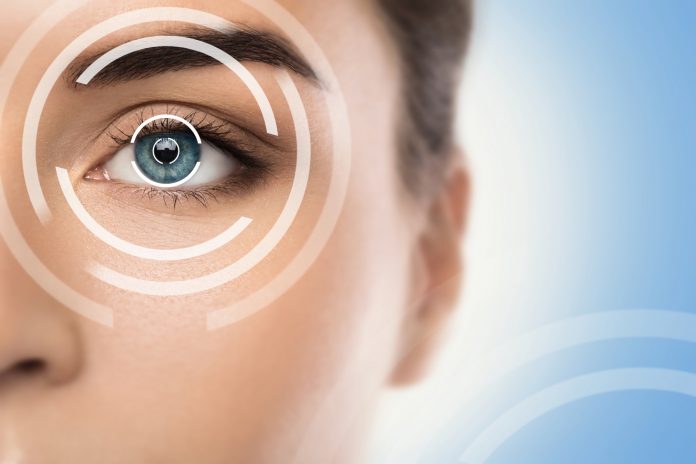New AI technology from Monash University is set to be a game-changer in predicting vision loss and the risk of heart attack and stroke.
The new retinal deep learning model is helping healthcare professionals detect and predict the risk of retinal vein occlusion (RVO), which occurs when a blood clot blocks a vein in the eye’s retina.
Additional to detecting retinal changes the AI technology has the potential to predict the risk of heart attack and stroke.
This is because the retina is so closely connected to other parts of the body through the central nervous system.
Monash University’s Associate Professor Zongyuan Ge says that AI has previously been focused on other eye diseases such as diabetic retinopathy, glaucoma and cataracts, so it’s great to see “what AI can really do in neurological and systemic disease diagnosis and management”.
Associate Professor Ge was the author of the study published in the journal Eye, which was carried out by Monash Medical AI Group.
During the study, researchers trained an AI model to distinguish between more than 10,500 images of the rear of the eye (the fundus). The images were collected from the West China Hospital of Sichuan University.
Hundreds of thousands of pieces of data were used to train the AI model and enable highly accurate predictions.
“The ability of artificial intelligence to perform massive calculations and capture unknown and seemingly unrelated factors for classification is far beyond human thinking and capabilities,” says Associate Professor Ge.
The algorithm tool will likely be a powerful tool to help health professionals predict the risk of RVO and other cardiovascular and cerebrovascular diseases such as stroke in the future.
“We also hope the algorithm will make it much cheaper and more accessible for patients to check the health of their vessels – perhaps $20 to $40, compared to the usual cost of about $3000 for an MRI scan in developed countries,” says Associate Professor Ge.
Associate Professor Ge says this is particularly important given Australia’s ageing population and a national shortage of ophthalmologists.
It’s hoped the study will lead to clinical trials in China, Australia, the UK and the US.









